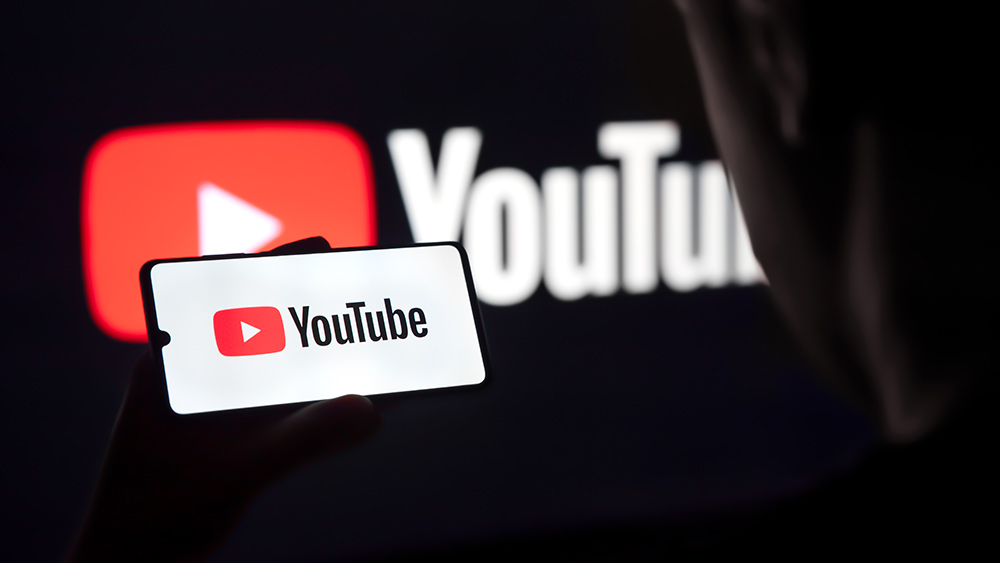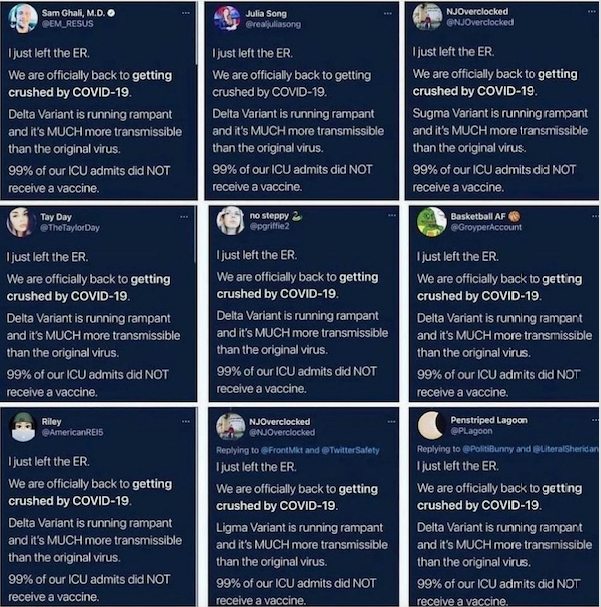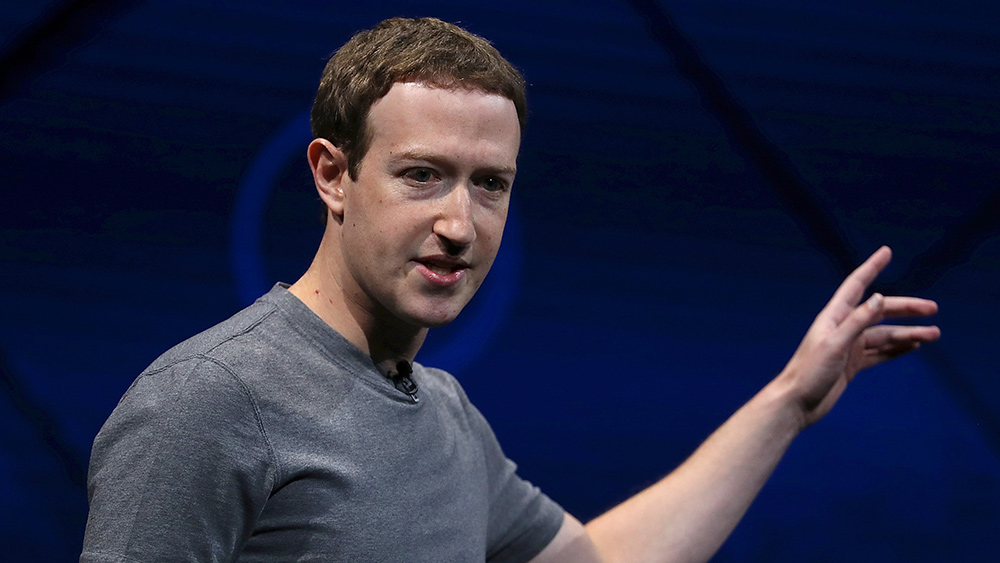
The emergence of the internet was met with hope and enthusiasm by people who understood that the plutocrat-controlled mainstream media were manipulating public opinion to manufacture consent for the status quo. The democratization of information-sharing was going to give rise to a public consciousness that is emancipated from the domination of plutocratic narrative control, thereby opening up the possibility of revolutionary change to our society's corrupt systems.
(Article by Caitlin Johnstone republished from CaitlinJohnstone.com)
But it never happened. Internet use has become commonplace around the world and humanity is able to network and share information like never before, yet we remain firmly under the thumb of the same power structures we've been ruled by for generations, both politically and psychologically. Even the dominant media institutions are somehow still the same.
So what went wrong? Nobody's buying newspapers anymore, and the audiences for television and radio are dwindling. How is it possible that those same imperialist oligarchic institutions are still controlling the way most people think about their world?
The answer is algorithm manipulation.
https://twitter.com/JordanChariton/status/1385028513661599746
Last month a very informative interview saw the CEO of YouTube, which is owned by Google, candidly discussing the way the platform uses algorithms to elevate mainstream news outlets and suppress independent content.
At the World Economic Forum's 2021 Global Technology Governance Summit, YouTube CEO Susan Wojcicki told Atlantic CEO Nicholas Thompson that while the platform still allows arts and entertainment videos an equal shot at going viral and getting lots of views and subscribers, on important areas like news media it artificially elevates "authoritative sources".
"What we've done is really fine-tune our algorithms to be able to make sure that we are still giving the new creators the ability to be found when it comes to music or humor or something funny," Wojcicki said. "But when we're dealing with sensitive areas, we really need to take a different approach."
Wojcicki said in addition to banning content deemed harmful, YouTube has also created a category labeled "borderline content" which it algorithmically de-boosts so that it won't show up as a recommended video to viewers who are interested in that topic:
"When we deal with information, we want to make sure that the sources that we're recommending are authoritative news, medical science, et cetera. And we also have created a category of more borderline content where sometimes we'll see people looking at content that's lower quality and borderline. And so we want to be careful about not over-recommending that. So that's a content that stays on the platform but is not something that we're going to recommend. And so our algorithms have definitely evolved in terms of handling all these different content types."
Read more at: CaitlinJohnstone.com and SearchEngine.news.
Please contact us for more information.




















